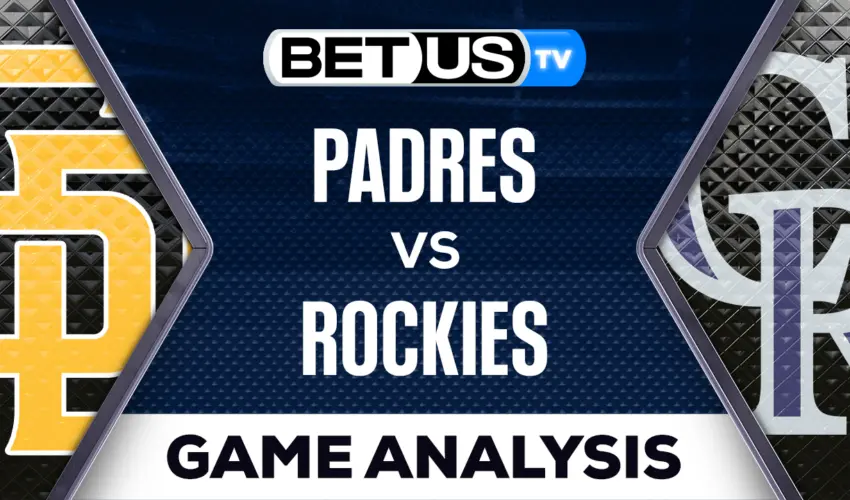Private Equity Buys Boston Celtics For $6.1 Billion: Future Implications

Table of Contents
The Private Equity Firm and its Investment Strategy
While the specific private equity firm involved hasn't been publicly disclosed as of this writing, the scale of the investment suggests a major player in the industry with a proven track record in acquiring high-value assets. Private equity firms typically employ leveraged buyout strategies, utilizing a combination of equity and debt financing to acquire companies. Their investment history likely includes similar high-profile acquisitions in other sectors, possibly including other sports franchises or entertainment businesses.
Their motivations for acquiring the Celtics are likely multifaceted:
-
Long-term growth potential of the franchise: The Celtics boast a rich history, a loyal fan base, and a strong brand. This provides a solid foundation for long-term growth and increased profitability. Private equity firms are often attracted to such established brands with potential for significant future appreciation.
-
Expected ROI through increased revenue streams: Private equity investors typically aim for substantial returns on their investment. Strategies to achieve this with the Celtics could involve enhanced marketing, strategic partnerships, and exploring new revenue streams.
-
Strategic portfolio diversification: Acquiring a major sports franchise like the Celtics can serve as a valuable asset in a diversified investment portfolio, offering potential returns that are less correlated to traditional financial markets.
Previous private equity involvement in major sports teams is becoming increasingly common, signaling a broader trend of institutional investors entering the sports ownership landscape. This indicates a shift towards a more financially-driven approach to team management and operation.
Impact on the Boston Celtics' Operations and Strategy
The private equity acquisition could bring significant changes to the Boston Celtics' operational strategy. We might see shifts in:
-
Management structure and personnel: New leadership might be brought in, potentially with experience in maximizing financial returns in similar businesses. Existing management may see restructuring or significant changes to their roles.
-
Player recruitment and salary cap management: The new owners might adopt a more financially-disciplined approach to player recruitment, focusing on maximizing value for money and aligning player acquisition with long-term financial goals. This could potentially mean a shift away from solely relying on star power.
-
Marketing and branding strategies: Expect a more data-driven approach to marketing and branding, leveraging analytics to optimize revenue generation through merchandise sales, sponsorships, and fan engagement initiatives.
-
Potential changes:
- Increased investment in player development to cultivate future stars and reduce reliance on expensive free agents.
- Expansion of franchise infrastructure, including arena upgrades and state-of-the-art training facilities to enhance player performance and fan experience.
- Aggressive pursuit of high-profile free agents if deemed financially viable and aligned with long-term strategic goals.
Implications for the NBA's Financial Landscape
The $6.1 billion valuation of the Boston Celtics sends shockwaves through the NBA, impacting:
-
Team valuations across the league: This transaction sets a new benchmark, potentially inflating the perceived value of other NBA franchises and influencing future sale prices.
-
Increased private equity investment in NBA franchises: The success of this acquisition might attract more private equity firms to explore investments in other NBA teams, potentially accelerating the trend of institutional ownership.
-
Future franchise sales and bidding processes: The bidding wars for future franchise sales are likely to become more intense and financially driven, with private equity firms increasingly vying for ownership.
-
Further implications:
- Other teams might see similar, even higher, valuations, reshaping the league's financial landscape.
- Increased competition for top player talent, as teams with deep pockets compete fiercely for signings.
- Potential for league-wide rule changes regarding ownership structures and financial regulations to address the implications of private equity investment.
Broader Implications for Sports Ownership
This acquisition highlights the evolving dynamics of sports team ownership:
-
Changing dynamics of sports team ownership: The traditional model of individual or family ownership is slowly giving way to institutional investors like private equity firms.
-
Growing influence of private equity in professional sports: This trend signifies a growing focus on financial performance and maximizing returns on investment.
-
Potential benefits and risks: While private equity can bring financial expertise and resources, there's a risk of prioritizing short-term profits over long-term team success and potentially impacting fan engagement due to a more commercial approach.
-
Specific potential impacts:
- Increased focus on financial performance, potentially leading to more data-driven decision-making.
- Potential conflicts between short-term profit maximization and long-term team success, creating ethical dilemmas for management.
- Changes in fan engagement strategies to improve revenue generation, requiring a careful balance between commercial interests and fan loyalty.
Conclusion
The $6.1 billion sale of the Boston Celtics to a private equity firm represents a pivotal moment for the franchise, the NBA, and the broader landscape of professional sports ownership. The long-term implications of this transaction remain to be seen, but its impact on team valuations, league dynamics, and the very nature of sports ownership is undeniable. The future will reveal whether this private equity investment translates into sustained on-court success and financial growth for the Celtics, or whether it heralds a new era of prioritizing profits over tradition. Further analysis of this landmark private equity deal and its unfolding consequences will be crucial in understanding the future of professional sports ownership. Stay tuned for updates on this evolving story and the implications of increased private equity investment in the world of professional sports.

Featured Posts
-
 Antisemitische Beleidigung Und Hetze In Berlin Kind Von Unbekannten Angegriffen
May 16, 2025
Antisemitische Beleidigung Und Hetze In Berlin Kind Von Unbekannten Angegriffen
May 16, 2025 -
 Bvg Nach Der Gescheiterten Schlichtung Drohen Streiks Und Kuendigungen
May 16, 2025
Bvg Nach Der Gescheiterten Schlichtung Drohen Streiks Und Kuendigungen
May 16, 2025 -
 Padres Vs Rockies Can San Diego Finally Dominate The Series
May 16, 2025
Padres Vs Rockies Can San Diego Finally Dominate The Series
May 16, 2025 -
 Tramp A Zaostruva Retorikata Kon Mediumite I Sudstvoto
May 16, 2025
Tramp A Zaostruva Retorikata Kon Mediumite I Sudstvoto
May 16, 2025 -
 Crystal Palace Vs Nottingham Forest Minuto A Minuto Y Resumen Del Partido
May 16, 2025
Crystal Palace Vs Nottingham Forest Minuto A Minuto Y Resumen Del Partido
May 16, 2025
